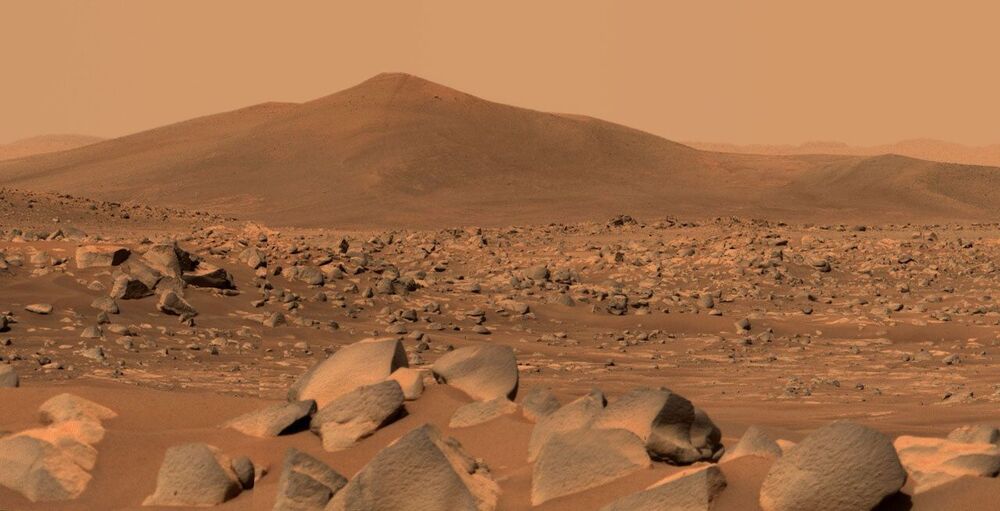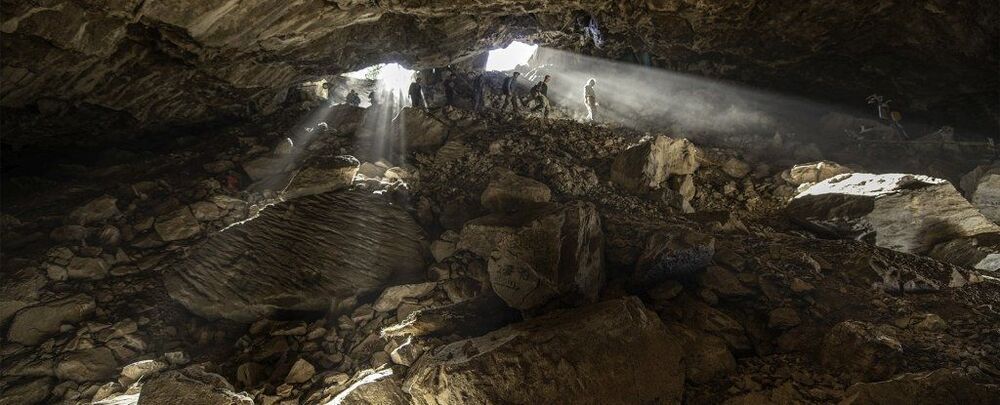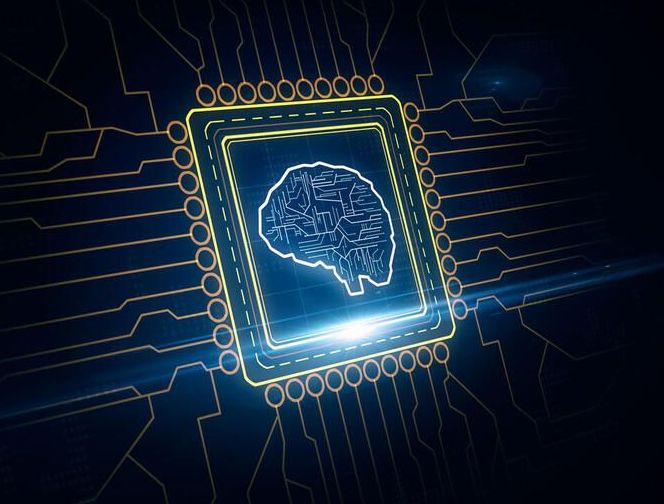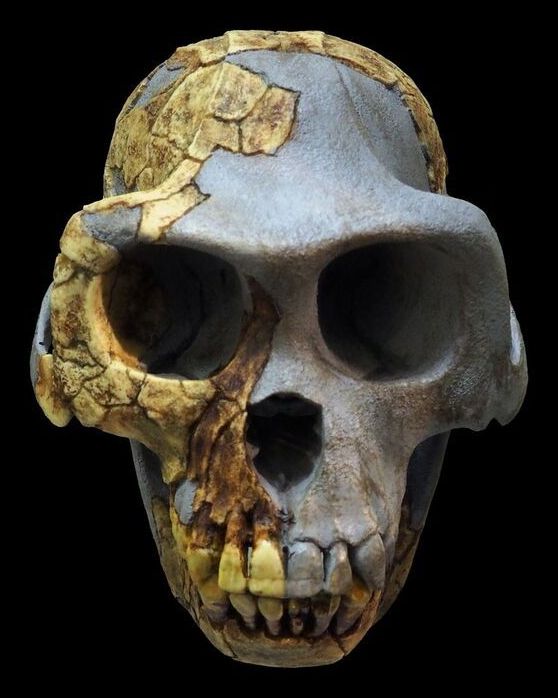Pediatrician, Medical Innovator, Educator — Dr. Jamie Wells, MD, FAAP — Director, Research Science Institute (RSI), Center for Excellence in Education, Massachusetts Institute of Technology (MIT) — Professor, Drexel University School of Biomedical Engineering, Science and Health Systems.
Dr. Jamie L. Wells, MD, FAAP, is an Adjunct Professor at Drexel University’s School of Biomedical Engineering, Science and Health Systems, where she has been involved in helping to spearhead the nation’s first-degree program focused on pediatric engineering, innovation, and medical advancement.
Dr. Wells is an award-winning Board-certified pediatrician with many years of experience caring for patients. With her BA with Honors from Yale, and her MD from Jefferson Medical College, Philadelphia, PA, she has served as a Clinical Instructor/Attending at NYU Langone, Mt. Sinai-Beth Israel and St. Vincent’s Medical Centers in Manhattan.
Dr. Wells also serves as Director of the Research Science Institute (RSI), at Center for Excellence in Education (CEE), a non-profit, 501©(3) organization, collaboratively sponsored with MIT bring together top U.S. and international high school students for an intensive, six-week summer program that provides students with the opportunity to conduct original, cutting-edge research.
Dr. Wells is on the leadership council of the Wistar Institute (the USA’s first independent biomedical research facility and certified cancer center), Ambassador of the Healthcare Global Blockchain Business Council, was a grant reviewer for the Susan G. Komen Community Grants Program, judged both the local, district and world robotics championships for Dean Kamen’s F.I.R.S.T. (For Inspiration & Recognition of Science & Technology) nonprofit, as well as the Miss America’s Outstanding Teen scholarship competition (for which she is now a member of its Board of Directors), and is the Chair of the Yale Alumni Health Network (YAHN).







